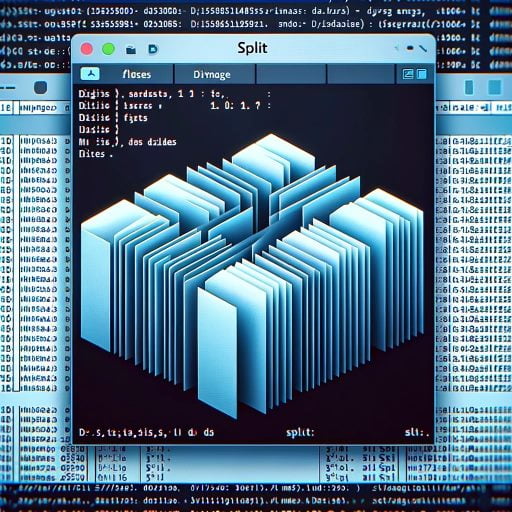FAT32:
Maximum File Size: FAT32 supports files up to 4 GB in size.
Maximum Partition Size: The maximum partition size for FAT32 is 2 TB.
NTFS:
Maximum File Size: NTFS has theoretically huge file size limits, so you won’t run into issues.
Maximum Partition Size: NTFS can handle partitions of practically any size, making it suitable for large drives and system partitions.
exFAT:
Maximum File Size: exFAT can handle files up to 128 petabytes (that’s 128,000 terabytes!).
Maximum Partition Size: It supports partitions up to the same massive size of 128 petabytes
ext4:
Maximum File Size: Ext4 supports files up to 16 TiB.
Maximum Partition Size: It can handle partitions up to 1 EiB (exabyte).
Performance: While ext4 performs well with smaller file transfers, it lacks the parallel I/O capabilities of XFS.
Security: Ext4 is chosen for its advanced directory and file system security, including security labels for specific user permissions.
XFS:
Maximum File Size: XFS supports larger files and can handle files up to 8 EiB.
Maximum Partition Size: It can manage partitions up to 8 EiB as well.
Performance: XFS excels in large file input/output and parallel operations, making it ideal for scenarios like media file storage and databases.
Security: While not as security-focused as ext4, XFS still offers robust performance and scalability.
Edit: I found this for NTFS.
For NTFS, here are the limits:
Maximum Disk Size: NTFS supports up to 256 terabytes of disk space.
Maximum File Size: You can create files up to 256 terabytes in size.
Maximum Number of Files on Disk: NTFS allows 4,294,967,295 files on a single disk.
Maximum Number of Files in a Single Folder: You can have up to 4,294,967,295 files in a folder.
Let’s break down the sizes:
Megabyte (MB): 1 MB is equal to 1024 kilobytes (KB) or 1,048,576 bytes1.
Gigabyte (GB): 1 GB is 1024 megabytes (MB) or approximately 1 billion bytes.
Terabyte (TB): 1 TB is 1024 gigabytes (GB) or roughly 1 trillion bytes.
Petabyte (PB): 1 PB is 1024 terabytes (TB) or around 1 quadrillion bytes.
Exabyte (EB): Finally, 1 EB is equal to 1024 petabytes (PB) or an astonishing 1 quintillion bytes.
For cross platform Windows/Mac/Linux Fat32 and ExFat are the best options.
Windows doesn't see Ext4 and XFS drives by default, I am told there are some utilities that
will let you mount XFS and EXT4 drives in Windows, but so far I haven't gotten them to work.




